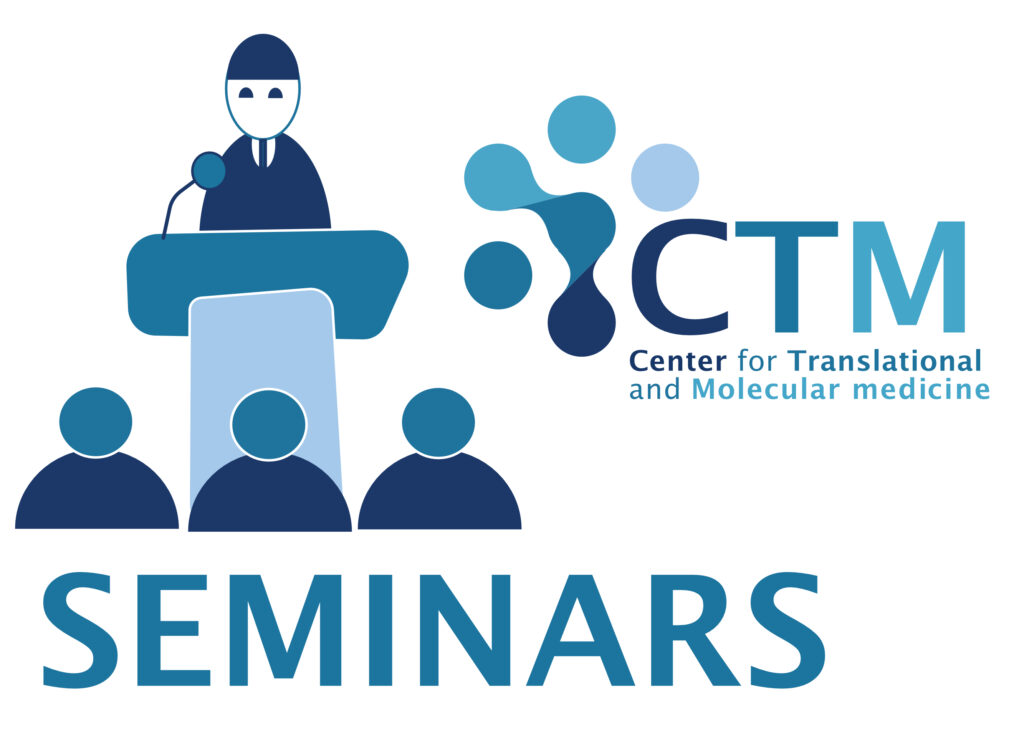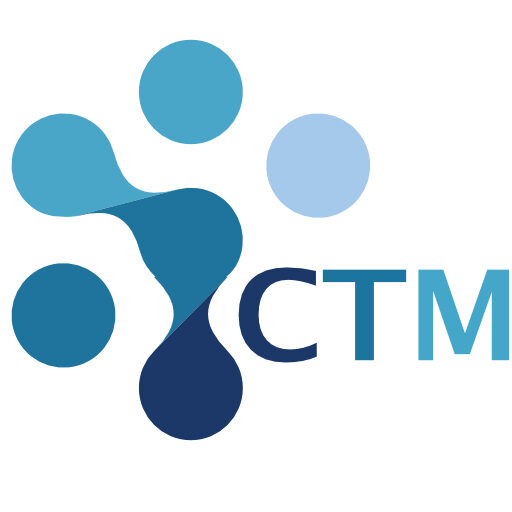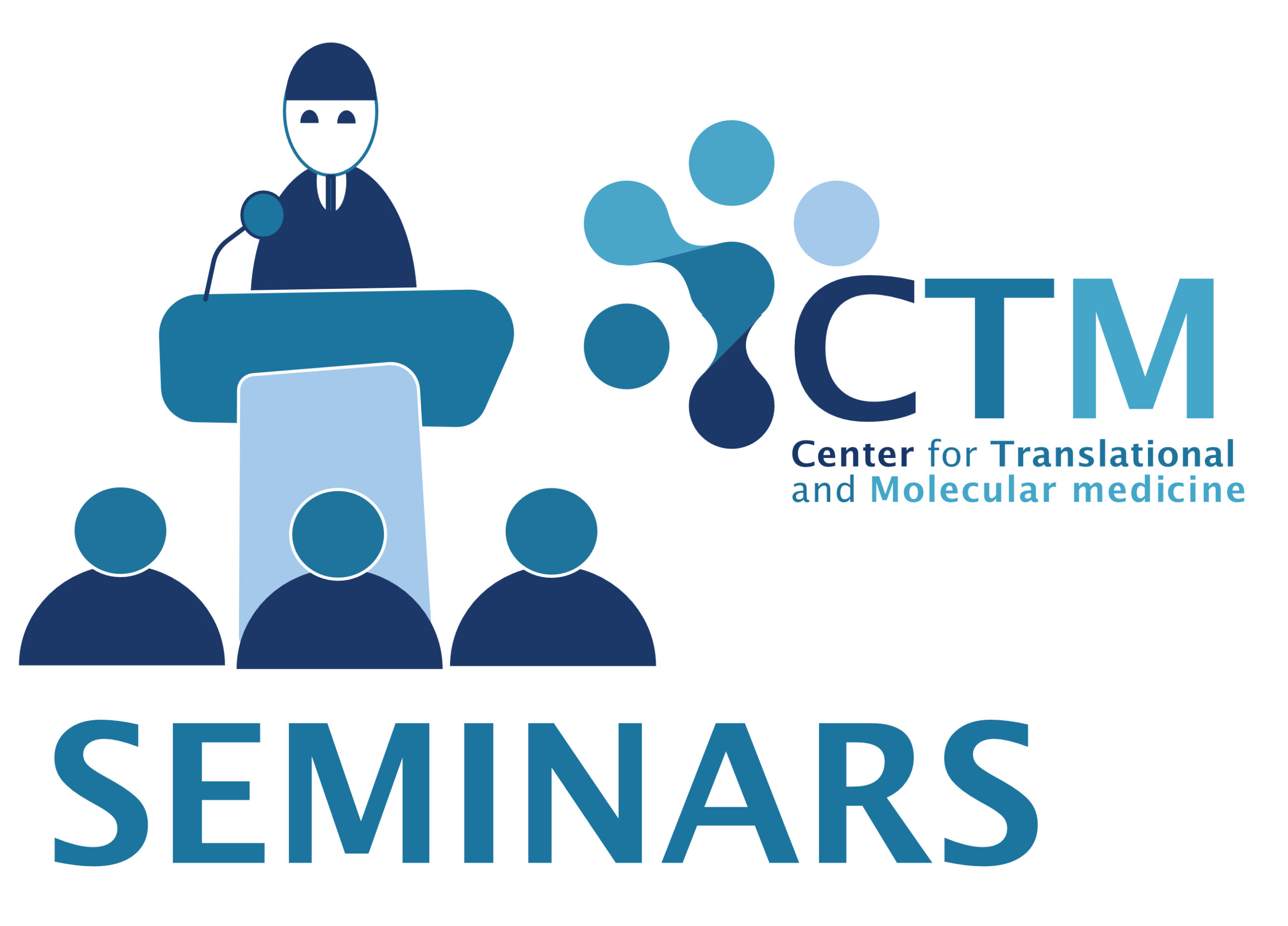
Contribution of the Low-Density Lipoprotein Receptor Family to Breast Cancer Progression
(Amphi Masson)



CTM U1231 SCIENTIFIC SEMINAR
May 13, 2024
1 to 2 pm, UFR des Sciences de Santé, Amphi Masson
Chairman: Dr Olivier Micheau
Invited speaker: Dr Jérôme Devy
UMR CNRS/URCA 7369 – MEDyc
Reims, France


Contribution of the Low-Density Lipoprotein Receptor Family to Breast Cancer Progression
The low-density lipoprotein receptor (LDLR) family comprises 14 single-transmembrane receptors sharing structural homology and common repeats. These receptors specifically recognize and internalize various extracellular ligands either alone or complexed with membrane-spanning co- receptors that are then sorted for lysosomal degradation or cell-surface recovery. As multifunctional endocytic receptors, some LDLR members from the core family were first considered as potential tumor suppressors due to their clearance activity against extracellular matrix-degrading enzymes. LDLRs are also involved in pleiotropic functions including growth factor signaling, matricellular proteins, and cell matrix adhesion turnover and chemoattraction, thereby affecting both tumor cells and their surrounding microenvironment. Therefore, their roles could appear controversial and dependent on the malignancy state.
A previous anatomopathological study has revealed that LRP-1 is predominantly overexpressed in TNBC and HER2+ BC compared to other subtypes. This prompted us to take an interest in its involvement in TNBC progression and, more specifically, in its direct or indirect role in controlling the angiogenic balance and whether this role could be decisive for tumor progression. The present work investigates LRP-1’s tumorigenic potential in MDA-MB-231 cells using an RNA interference strategy. By means of an orthotopic mammary fat pad model, a Matrigel TM plug, and a CAMs assay, we showed that LRP-1 repression affects in vivo tumor growth by modulating, inter alia, angiogenesis. Further functional studies based on in vitro tumor conditioned media (TCM) effects on human umbilical vein endothelial cells’ (HUVECs) behaviors and angiogenic capabilities reinforced LRP-1’s role in modulating the angiogenesis process. A proteomics analysis of TCM showed that LRP-1 supports angiogenesis and tumor growth through the TGF-β signaling and plasminogen/plasmin system modulation, among others.
Thus, the matricellular receptor LRP-1, by its wide spectrum of interactions within the microenvironment, appears as a key factor in the control of BC signaling events such as angiogenesis.
Biomedicines. 2021 Oct 9;9(10):1430, PLoS One. 2023 Sep 28;18(9):e0285834, Front Oncol. 2020 Jul 30;10:882.

